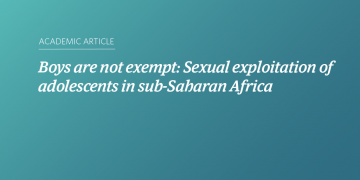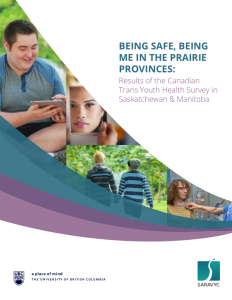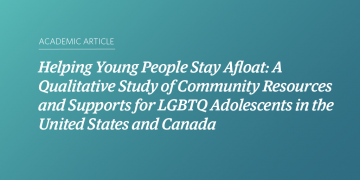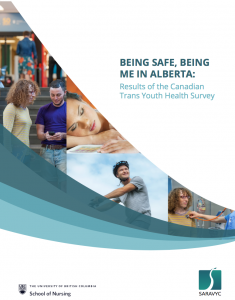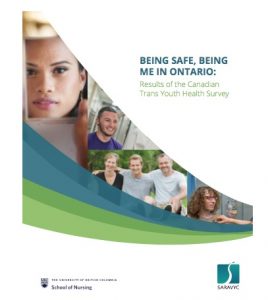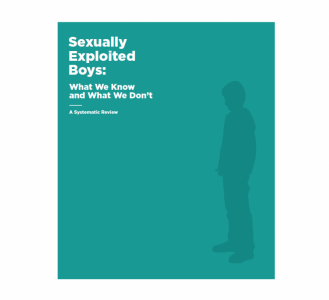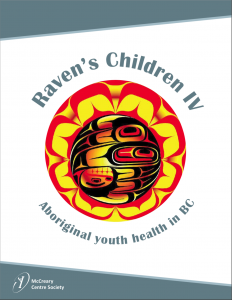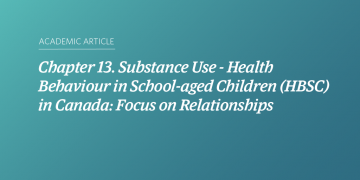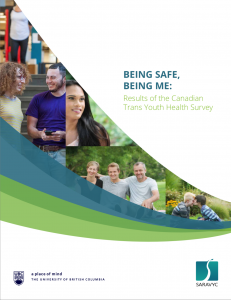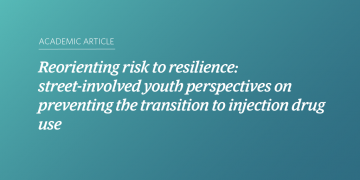Boys are not exempt: Sexual exploitation of adolescents in sub-Saharan Africa
Abstract Research on youth sexual exploitation in Africa has largely neglected the experiences of exploited boys. To date, much of the research in sub-Saharan Africa continues to consider boys mainly as exploiters but not as exploited. Using the only publicly available population-based surveys from the National Survey of Adolescents, conducted in four sub-Saharan African countries […]
Being Safe, Being Me in the Prairie Provinces: Results of the Canadian Trans Youth Health Survey in Saskatchewan & Manitoba
This regional report is a part of a larger project, The Canadian Trans Youth Health Survey. Researchers from universities and other organizations in Canada created the survey, which was administered online to 923 participants across Canada, with 67 respondents coming from the Prairie Provinces (Saskatchewan & Manitoba). Two different surveys were distributed: one to younger […]
Helping Young People Stay Afloat: A Qualitative Study of Community Resources and Supports for LGBTQ Adolescents in the United States and Canada
Abstract LGBTQ youth are at increased risk of poor health outcomes. This qualitative study gathered data from LGBTQ adolescents regarding their communities and describes the resources they draw on for support. We conducted 66 go-along interviews with diverse LGBTQ adolescents (mean age = 16.6) in Minnesota, Massachusetts, and British Columbia in 2014–2015, in which interviewers accompanied participants […]
Being Safe, Being Me in Alberta: Results of the Canadian Trans Youth Health Survey
The Canadian Trans Youth Health Survey was a national online survey conducted by researchers from several Canadian universities and community organizations. This report is focused specifically on trans youth who live in Alberta, who made up 12% of the total respondents nation-wide. The survey included somewhat different questions for younger (14-18 years) and older (19-25 […]
Being Safe, Being Me in Ontario: Results of the Canadian Trans Youth Health Survey
The Canadian Trans Youth Health Survey was a national online survey conducted by researchers from several Canadian universities and community organizations. The survey included somewhat different questions for younger (14-18 years) and older (19-25 years) trans youth about a wide range of life experiences and behaviours that influence young people’s health. This report is focused […]
Sexually Exploited Boys: What We Know and What We Don’t
Research and services focused on sexually exploited children and adolescents often target girls and leave out boys. However, research shows that boys often report similar rates of sexual exploitation as girls (10, 19, 27). This suggests that boys may experience more sexual exploitation than is commonly realized, while also facing greater barriers to what few […]
Raven’s Children IV: Aboriginal youth health in BC
Since 1998 McCreary has worked in partnership with Aboriginal researchers and community Elders, youth, and adults to produce a specific report about the health of Aboriginal youth who complete the BC AHS. This is the fourth Raven’s Children report and is an in-depth look at the health of youth who identified as Aboriginal on the […]
Chapter 13. Substance Use – Health Behaviour in School-aged Children (HBSC) in Canada: Focus on Relationships
Although the continuing decline of cigarette smoking among adolescents in Canada is good news, the emergence of e-cigarettes use among adolescents bears watching. At present, the research is limited on the health effects of the liquids in e-cigarettes, and it is unclear whether they serve as a route to nicotine dependence and regular tobacco use […]
Being Safe, Being Me: Results of the Canadian Trans Youth Health Survey
A national study by SARAVYC showed that while Canada’s transgender youth face significant physical and mental health issues, strong family, school and community connections help many of them navigate these challenges. The study, funded by the Canadian Institute for Health Research and completed in collaboration with universities and health researchers across Canada, was the first […]
Reorienting risk to resilience: street-involved youth perspectives on preventing the transition to injection drug use
Abstract Background: The Youth Injection Prevention (YIP) project aimed to identify factors associated with the prevention of transitioning to injection drug use (IDU) among street-involved youth (youth who had spent at least 3 consecutive nights without a fixed address or without their parents/caregivers in the previous six months) aged 16–24 years in Metro Vancouver, British Columbia. […]
